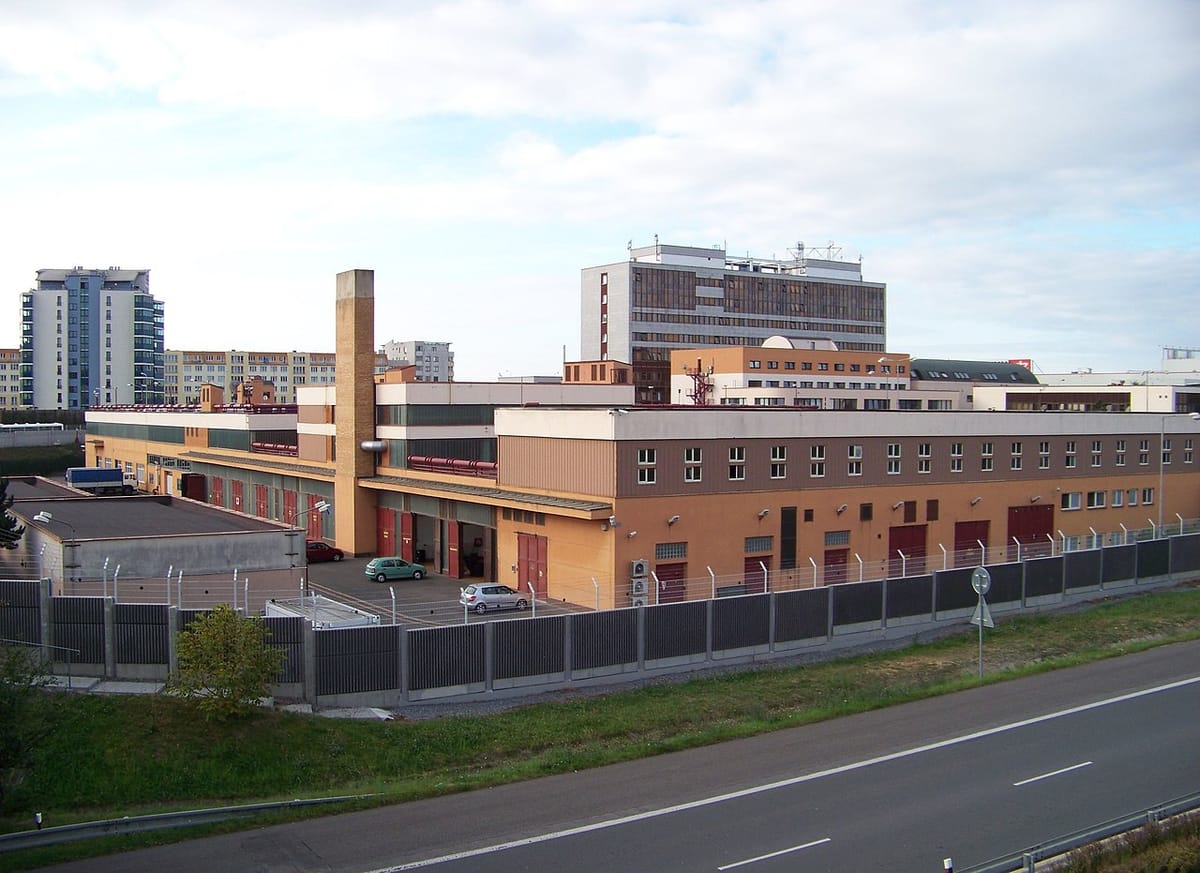
Czech intel reveals Chinese plan to intimidate Taiwanese veep
Czechia’s military intelligence agency has revealed that Chinese agents planned to intimidate Taiwanese Vice President Hsiao Bi‑khim by staging a car crash during her visit to Prague last March.
The Czech Security Information Service said individuals linked to China’s embassy followed Hsiao’s convoy and considered a “demonstrative kinetic action” intended to unsettle, but not harm, her. Hsiao had been on her first foreign trip as veep, with Taiwanese President Lai Ching‑te. The plan was not executed.
The Czech Foreign Ministry summoned the Chinese ambassador and notified allied governments after receiving confirmation of the plot.
Taiwan’s Mainland Affairs Council described the plot as a serious threat to Hsiao’s safety and demanded a public apology. Hsiao tweeted on 27 June that “the CCP’s unlawful activities will not intimidate me from voicing Taiwan’s interests in the international community”.
US classifies plan as 'transnational repression'
Security analysts said the episode signals a shift in Chinese grey‑zone tactics into Central and Eastern Europe (CEE), underscoring the need for coordinated counter‑intelligence efforts. The US House Foreign Affairs Committee characterised the incident as “transnational repression” and criminal interference.
Jakub Janda, director of the Prague‑based European Values Center for Security Policy, told US business daily The Wall Street Journal that the incident “illustrates how small nations face pressure from larger authoritarian states”. China’s Foreign Ministry has denied any wrongdoing and accused Czechia of fabricating the story for political reasons.
Although Czechia does not formally recognise Taiwan, parliamentary and commercial exchanges have increased, reflecting a growing informal alignment. For its part, Taiwan’s economic diplomacy in Czechia has focused on semiconductor cooperation and regional supply chain integration.
Small states strengthen ties post-Ukraine
Last September, Taiwanese Executive Yuan Secretary General Kung Ming-hsin visited Prague to propose chip industry partnerships, to capitalise on Czechia’s location near the Dresden wafer fabrication cluster. That meeting led to the announcement in October 2024 of a joint chip design and R&D centre in Brno, which is seen as a significant step toward building a central European semiconductor corridor.
Parliamentary leaders from Czechia and Taiwan have exchanged visits since 2020, and in December 2023, signed memoranda of understanding (MOUs) on trade, investment, education and infrastructure. Taiwan says it is seeking deeper integration into Europe’s high-tech and academic ecosystems to reduce dependency on politically sensitive markets. Officials on both sides described the MOUs as commercially pragmatic and values-based.
On 11 September 2024, Executive Yuan Secretary General Kung Ming-hsin led a delegation to Czechia to explore semiconductor partnerships and leverage Czechia’s proximity to Germany’s Dresden wafer fabrication hub, including Czechia and Poland.
The following month, Taiwan and Czechia announced the launch of a joint chip design and research centre in Brno, south-west Czechia, a project intended to strengthen the CEE country's role in the semiconductor value chain.
Since 2020, Czech counter‑intelligence agencies have linked multiple cyberattacks and disinformation campaigns to Chinese‑linked actors. China has criticised Prague’s engagement with Taipei as a breach of the One‑China principle.





